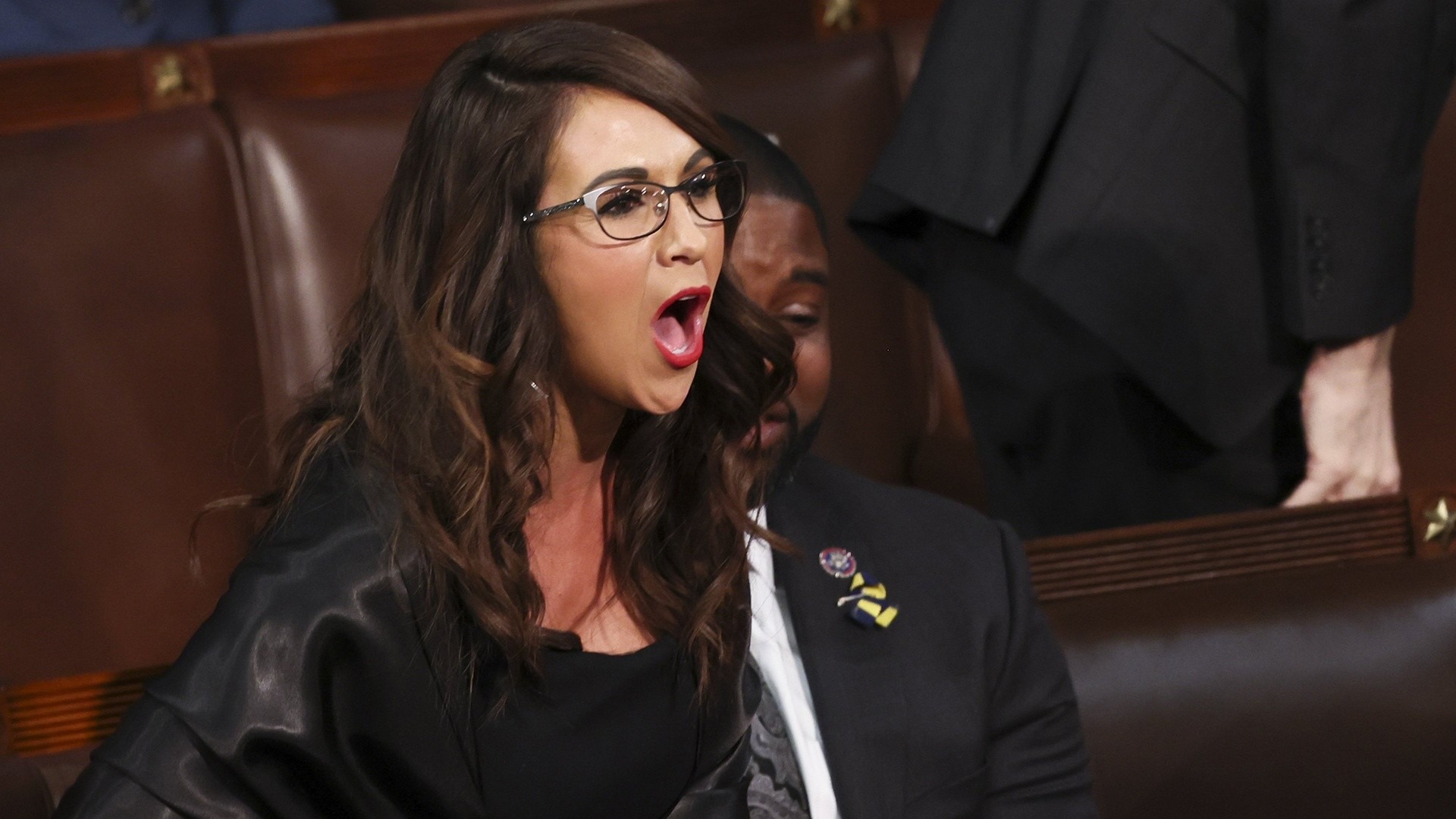Representative Lauren Boebert of Colorado, known for her outspoken and controversial statements, announced on Wednesday that she will not resign from her current seat despite the unexpected vacancy of the seat she desires, which is being vacated by her House colleague, Ken Buck.
Buck, a fellow Republican, resigned sooner than anticipated, adding complexity to Boebert’s path to securing his seat. Buck’s early resignation means a special election will be held to fill his seat, scheduled for June 25 by Colorado’s Democratic governor, Jared Polis.

Lauren Boebert (Credits: NBC News)
Boebert now faces a dilemma. If she were to resign from her current seat to run in the special election for Buck’s seat, it could potentially jeopardize the Republicans’ slim majority in the House.
This is because her resignation would trigger a special election in her current district, where a Democrat could have a chance of winning, further narrowing the Republican majority.

Lauren Boebert (Credits: Newsweek)
Boebert’s decision not to resign underscores the political calculations and challenges she faces in navigating the situation. It also highlights the delicate balance of power in the House and the potential impact of individual decisions on the overall composition of Congress.
As Boebert weighs her options, she will need to carefully consider the implications of her decision on both her political future and the broader dynamics within the House of Representatives.























